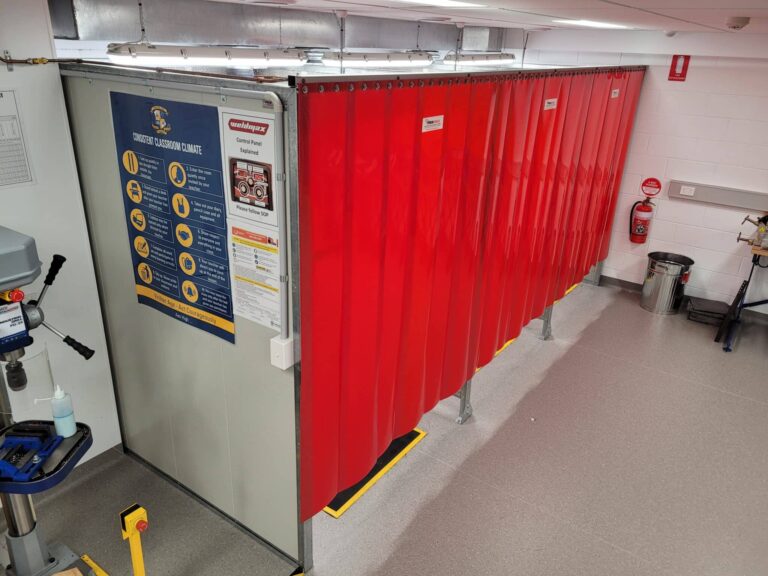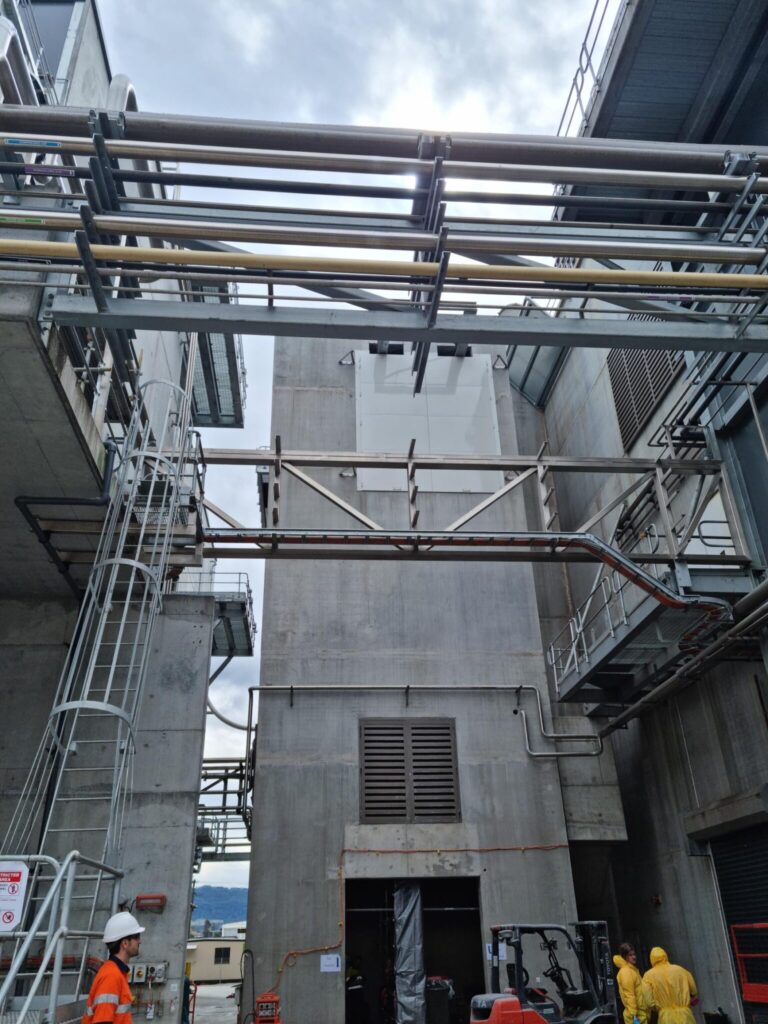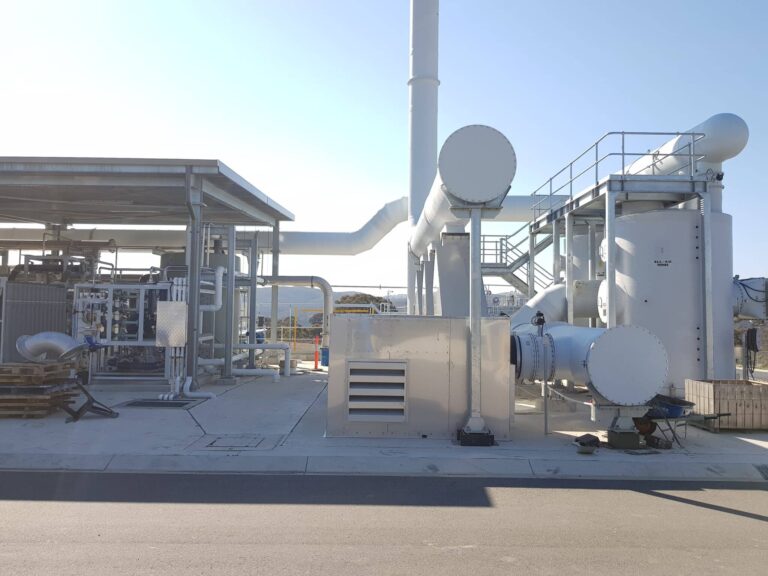Why noise pollution matters in manufacturing
The many benefits of effective noise management In the product manufacturing industry, noise control is pivotal for safeguarding employees’ health and minimising environmental impacts. Australian standards, such as AS/NZS 1269.3:2005 (Occupational Noise Management) and AS/NZS 2107:2016 (Recommended Design Sound Levels and Reverberation Times), emphasise managing noise levels in industrial environments. While these regulations primarily focus…
The many benefits of effective noise management
In the product manufacturing industry, noise control is pivotal for safeguarding employees’ health and minimising environmental impacts. Australian standards, such as AS/NZS 1269.3:2005 (Occupational Noise Management) and AS/NZS 2107:2016 (Recommended Design Sound Levels and Reverberation Times), emphasise managing noise levels in industrial environments. While these regulations primarily focus on worker safety, noise control has a broader scope, affecting environmental sustainability and business success.
In this news post, the Flexshield team look at why noise control is so crucial for Australian manufacturing facilities, and how your site can address noise pollution concerns before they become critical.
The environmental importance of noise control
There are many reasons why manufacturing businesses must seriously consider noise control solutions for their particular site, including:
1) Reducing noise pollution
Industrial operations can contribute to noise pollution, affecting nearby communities and wildlife. Prolonged exposure to high noise levels can disrupt ecosystems – particularly in rural or semi-industrial regions – which makes noise control imperative for maintaining environmental balance.
2) Complying with environmental regulations
Many Australian regions have strict environmental noise regulations, and non-compliance can result in fines or operational restrictions. Implementing noise control solutions ensures your business remains within legal noise limits, minimising noise pollution, avoiding regulatory issues, and fostering positive community relationships.
3) Ensuring energy efficiency
Engineering noise control solutions can improve energy efficiency. For example, well-designed acoustic enclosures – like those provided by Flexshield – reduce noise without compromising ventilation or cooling systems, optimising energy usage and lowering operational costs.
4) Improving sustainability
Noise reduction contributes to sustainability goals by lowering the overall environmental impact of manufacturing processes. Quiet machinery operates more smoothly and efficiently, reducing maintenance needs and longer equipment lifespans, conserving resources.
5) Enhancing public perception
Businesses that actively manage their environmental footprint, including noise levels, enhance their public image. Noise control shows a commitment to corporate social responsibility, improves stakeholder relationships, and contributes to long-term business success.
Flexshield’s engineering noise control solutions
Flexshield is at the forefront of engineering noise control solutions tailored to the manufacturing industry. Our solutions for noise pollution include:
Sonic acoustic curtains
Ideal for reducing noise at its source, Flexshield’s Sonic Acoustic curtains are designed to mitigate noise pollution in areas with high machinery output while still allowing workflow flexibility.
Sonic acoustic enclosures
Custom-built to contain noise from specific machines or processes, Sonic Acoustic enclosures protect employees and prevent noise pollution from escaping into the surrounding environment.
Sonic Series acoustic louvres and Sonic Access acoustic doors
Flexshield offers innovative solutions like Sonic Series louvres, which attenuate noise while maintaining air circulation. This ensures noise reduction and ventilation without sacrificing energy efficiency.
Sonic System acoustic modular panels
For flexible, scalable noise control, Flexshield’s acoustic modular panels offer a practical solution for partitioning noisy areas. They allow manufacturers to create quieter workspaces without major structural changes.
By integrating these solutions, we help manufacturers comply with Australian standards and contribute to environmental sustainability, improving their operational efficiency and community relationships. Noise control is an investment in both the health of your employees and the planet.
Get expert advice on addressing noise pollution at your site
Noise control in manufacturing is more than just an occupational health measure – it’s a key aspect of sustainable and responsible business practice. Through Flexshield’s engineering noise control solutions, businesses can achieve compliance, reduce environmental impact, and build a reputation for environmental stewardship.
For expert advice on the right noise control solutions for your site, please contact Flexshield at 1300 799 969
Related Stories
-

Noise control solutions for Trade Training Centres
How Flexshield supports students and educators Trade Training Centres in Australia are essential for providing hands-on, practical skills that prepare students for careers in industries such as automotive, carpentry, metalwork, and more. However, one of… -

The future of Australian manufacturing: exciting developments to anticipate
8 key advances set to shape the industry in 2025 As we enter the second month of 2025, the Australian manufacturing industry is poised for a transformative year. With advancements in technology, a growing… -

How Australia’s major construction projects in 2025 will transform infrastructure
Why noise control will be central to the nation’s future Australia’s construction landscape in 2025 is booming, with transformative projects across the transportation, healthcare, and energy sectors. These developments aim to address the nation’s growing…